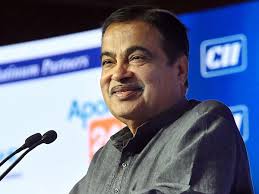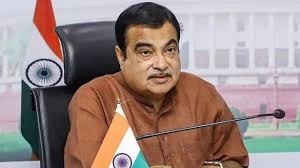Explore the controversy surrounding the revision of Karnataka school textbooks, including the removal of chapters on Dr. Hedgewar and Savarkar.
The recent decision by the Karnataka government to revise school textbooks has stirred a significant controversy. Among the chapters removed from the syllabus are those dedicated to Dr. Hedgewar and Swatantra Veer Savarkar, a move that has been met with criticism and concern. Union Minister Nitin Gadkari has expressed his disappointment, describing the decision as unfortunate and painful. This article aims to explore the reasons behind the revisions, the reactions from various stakeholders, and the implications for the education system and students.
All in one trendz: Discover the national and international news

Background and Context
The Karnataka cabinet’s approval of the revision of Social Science and Kannada textbooks for classes 6 to 10 marked a significant change in the state’s educational landscape. The chapters on KB Hedgewar and VD Savarkar, along with others, were dropped from the syllabus. The Karnataka Education Minister, Madhu Bangarappa, clarified that the changes were aimed at reverting to the previous syllabus, undoing modifications made by the previous government.
Karnataka textbook controversy – Wikipedia
Reasons for Revisions
The revisions were part of the Congress-led government’s fulfillment of pre-election promises. The decision to remove certain chapters from the textbooks was perceived as an attempt to distance the syllabus from the ideologies associated with the previous BJP government. However, concerns have been raised about the integrity and impartiality of the curriculum due to the perceived ideological influences.
Reactions and Controversy
Nitin Gadkari’s criticism of the revisions echoes the sentiments of many who oppose the removal of chapters on Dr. Hedgewar and Savarkar. Supporters argue that these figures played important roles in shaping India’s history and should be included in educational materials. On the other hand, proponents of the revisions claim that the changes were necessary to provide a balanced and inclusive education for students.
The controversy has sparked intense debates in educational circles, with experts expressing concerns about the impact on students’ understanding of history and the possible politicization of the curriculum. Critics worry that such revisions may lead to a distorted version of history being presented to students.
Implications for Education
The removal of chapters on prominent historical figures raises questions about the purpose of education and the role of textbooks. Critics argue that textbooks should provide a comprehensive and unbiased account of history, allowing students to form their own opinions and understand the complexities of different perspectives. By selectively removing certain chapters, there is a risk of promoting a skewed narrative that aligns with particular political ideologies.

Moreover, the revisions raise concerns about the consistency and coherence of the education system. Changes in the curriculum can disrupt the learning process and create confusion among students and teachers. It is essential for educational institutions to maintain a sense of stability and provide students with a well-rounded education that encompasses diverse viewpoints.
The controversy surrounding the revision of Karnataka school textbooks reflects the broader debate about the role of education in shaping young minds. The removal of chapters on Dr. Hedgewar and Swatantra Veer Savarkar has ignited concerns about historical accuracy, ideological biases, and the impact on students’ learning experiences. It is crucial for educational policymakers to navigate these issues with sensitivity, ensuring that the curriculum reflects a balanced and comprehensive understanding of history, fostering critical thinking and intellectual growth among students.
All in one trendz: Discover the national and international news


